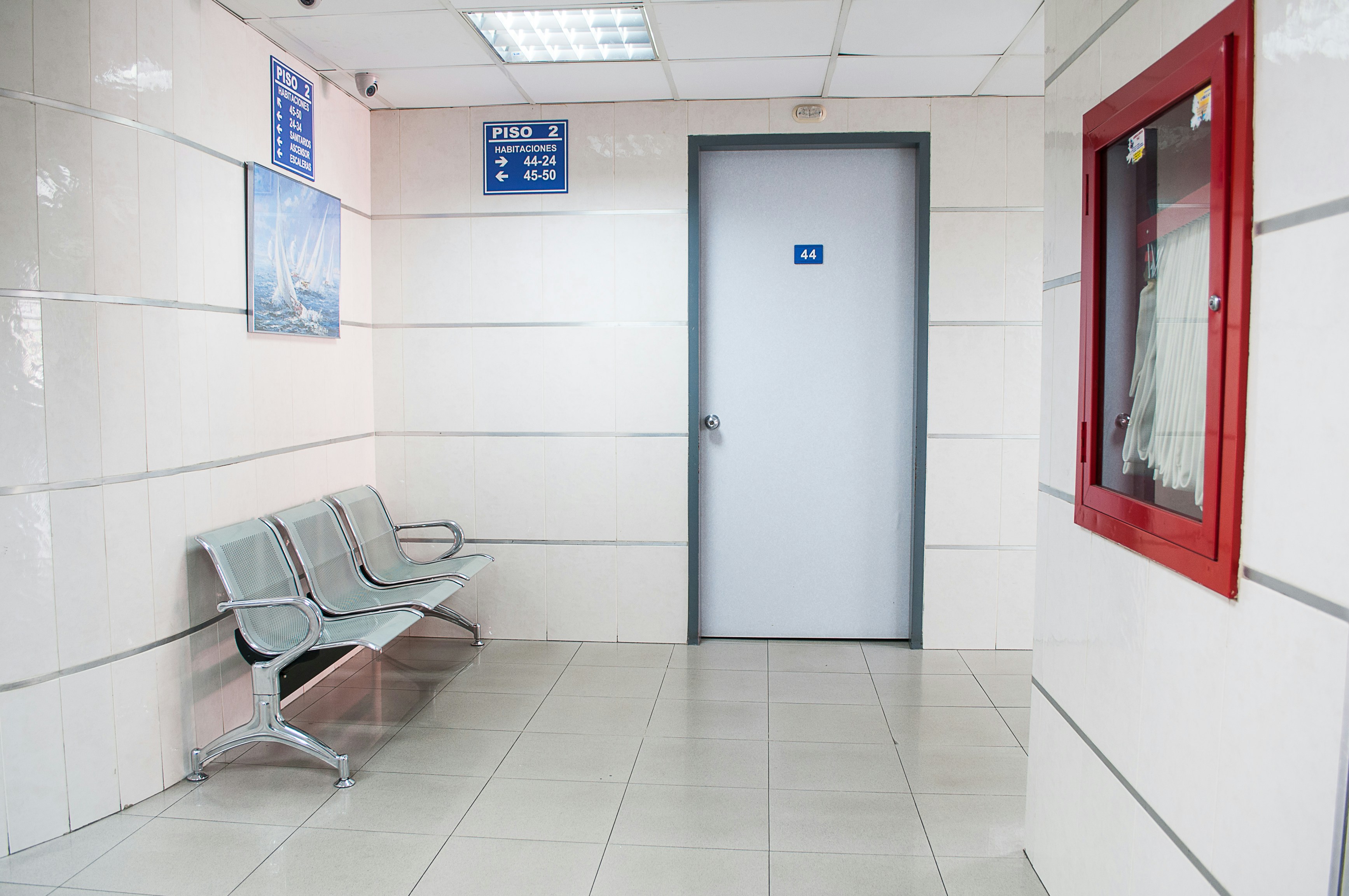As the healthcare industry continues to expand, the opportunities for medical coders have grown significantly. Medical coders have the flexibility to work in a variety of settings, ranging from hospitals to remote freelance opportunities. In this blog, we’ll explore five common places where medical coders work, highlighting the unique aspects of each.
1. Hospitals
Hospitals are one of the largest employers of medical coders. These healthcare facilities rely on a substantial amount of documentation for patient visits, procedures, and surgeries. Medical coders in hospitals must ensure that each patient’s records are accurately coded for both diagnostic and procedural claims. The coding must align with regulatory standards, which makes attention to detail crucial.
Hospital-based coders typically work with a diverse range of cases, including emergency care, surgeries, outpatient services, and inpatient admissions. Hospitals may employ teams of coders, with each specializing in a specific area such as surgery, cardiology, or pediatrics. The dynamic nature of hospital work means coders can expect to work on a variety of cases, often requiring the use of advanced coding systems like ICD-10 (International Classification of Diseases) and CPT (Current Procedural Terminology).
2. Physician’s Offices
Physician’s offices are another common workplace for medical coders. Unlike hospitals, which handle large and diverse patient populations, physician’s offices usually deal with a more specialized and consistent set of codes depending on the type of practice. For example, a family doctor’s office will have a different set of codes than a dermatology or orthopedic office.
Coders in physician’s offices are tasked with ensuring that each patient’s visit is accurately coded based on diagnoses, consultations, and procedures performed. This includes regular check-ups, routine lab tests, and any minor surgical procedures that may be conducted in-office. Coders here may work closely with office staff, including physicians, nurse practitioners, and other healthcare providers, to ensure all documentation is complete and accurate. Due to the smaller scale, coders may also be involved in other administrative duties, such as handling insurance claims and verifying patient coverage.
3. Insurance Companies
Medical coders also work for insurance companies, where they play a critical role in reviewing claims, ensuring compliance with healthcare regulations, and helping to process payments for healthcare providers. The role of a coder in an insurance company is largely focused on verifying the accuracy of claims submitted by healthcare providers and ensuring that the services listed match the codes submitted for reimbursement.
Coders working in insurance companies often focus on billing audits, compliance monitoring, and risk adjustment coding. They review medical records to ensure that claims are properly coded, that billing codes are supported by documentation, and that insurance providers are following the proper reimbursement procedures. This type of work requires knowledge of payer policies and an in-depth understanding of the healthcare industry’s coding standards. Medical coders in this setting are crucial in helping insurance companies minimize errors and fraud, ultimately ensuring proper payment for services rendered.
4. Remote and Freelance Opportunities
With advancements in technology and the increasing popularity of telemedicine, many medical coders have turned to remote or freelance work as an attractive option. Remote medical coders can work from home or anywhere with internet access, providing flexibility and a better work-life balance. The demand for remote coders has grown significantly, especially in light of the COVID-19 pandemic, which led to an increased reliance on virtual healthcare services.
Freelance medical coding allows coders to work with multiple clients, including hospitals, clinics, and private practices, offering a more varied and flexible workload. Remote coders typically communicate with clients electronically, submitting coded data and following up on any claims issues. Successful freelance coders often need to be self-disciplined, well-organized, and able to manage multiple projects at once. Many remote coders also use specialized coding software and tools that streamline the process, ensuring accuracy and efficiency in their work.
5. Medical Billing Companies
Medical billing companies are another major employer of medical coders. These companies handle the administrative aspect of healthcare services by processing claims and ensuring that healthcare providers are reimbursed for services rendered. Coders working in medical billing companies are responsible for translating patient records into codes that can be submitted to insurance companies, government programs, and other payers.
Medical billing companies often work with a wide range of healthcare providers, from small private practices to large hospital systems. Coders in this setting must be familiar with different payer systems and various coding formats. They must also be adept at identifying any discrepancies between the services rendered and the codes submitted, ensuring that claims are processed in a timely and accurate manner. Coders in billing companies often have access to a variety of software programs that assist in processing and managing claims, which helps streamline their work.
The demand for medical coders continues to grow, with professionals finding opportunities across various sectors of the healthcare industry. Whether in hospitals, physician’s offices, insurance companies, or through remote work, medical coders play a vital role in ensuring that healthcare services are documented, billed, and reimbursed correctly. The versatility of the field means that medical coders can find work that suits their interests and lifestyle.
Get Started with Medical Coding Today!
If you’re interested in pursuing a career in medical coding, Best Bootcamps can help you get started. We offer accelerated education programs through immersive bootcamps that provide you with the skills needed to excel in this critical field. Take the first step toward a rewarding career in medical coding and explore the many educational opportunities available through Best Bootcamps!

